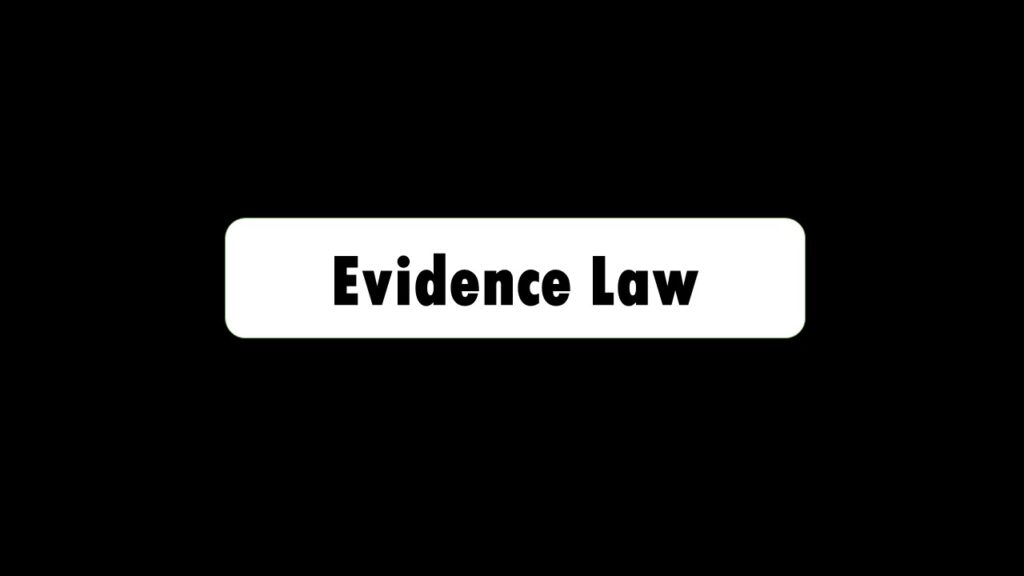Rekha v. Ratnashree [(2006) 1 MP LJ 103]: Madhya Pradesh High Court
A registered sale-deed (or any other registered document) is not a public document but a private document
8. A deed of sale is a conveyance. A
deed of conveyance or other document executed by any person is not an act nor
record of an act of any sovereign authority or of any official body or
tribunal, or of any public officer, legislative, judicial and executive. Nor is
it a public record kept in a State of any private documents. A sale-deed (or
any other deed of conveyance) when presented for registration under the
Registration Act, is not retained or kept in any public office of a State after
registration, but is returned to the person who presented such document for
registration, on completion of the process of registration. An original
registered document is not therefore a public record kept by a State of a
private document. Consequently, a deed of sale or other registered document
will not fall under either of the two classes of documents described in section
74, as ‘public documents’. Any document which is not a public document is a
private document. We therefore have no hesitation in holding that a registered
sale-deed (or any other registered document) is not a public document but a
private document.
9. This position is made abundantly
clear in Gopal Das v. Shri Thakurji, [AIR 1943 Privy Council 83], wherein the
Privy Council considering the question whether a registered receipt is a public
document observed thus: “It was contended by Sir Thomas Strangman for the
respondents that the receipt comes within para 2 of section 74, Evidence Act,
and was a “public document”; hence undersection 65(e) no such foundation is
required as in cases coming within clauses (a), (b) and (c) of that section.
Their Lordships cannot accept this argument since the original receipt of 1881
is not “a public record of a private document”. The original has to be returned
to the party. A similar argument would appear at one time to have had some
acceptance in India but it involves a misconstruction of the Evidence Act and
Registration Act and later decisions have abandoned it.” (emphasis supplied).
We may also
refer to the following passage from Ratanlal’s Law of Evidence (19th
Edition-Page 237): “Public document [Clause (e)] — This clause is intended to
protect the originals of public records from the danger to which they would be
exposed by constant production in evidence. Secondary evidence is admissible in
the case of public documents mentioned in section 74. What section 74 provides
is that public records kept in any state of private documents are public
documents, but private documents of which public records are kept are not in
themselves public documents. A registered document, therefore, does not fall
under either clause (e) or (f). The entry in the register book is a public document,
but the original is a private document.
